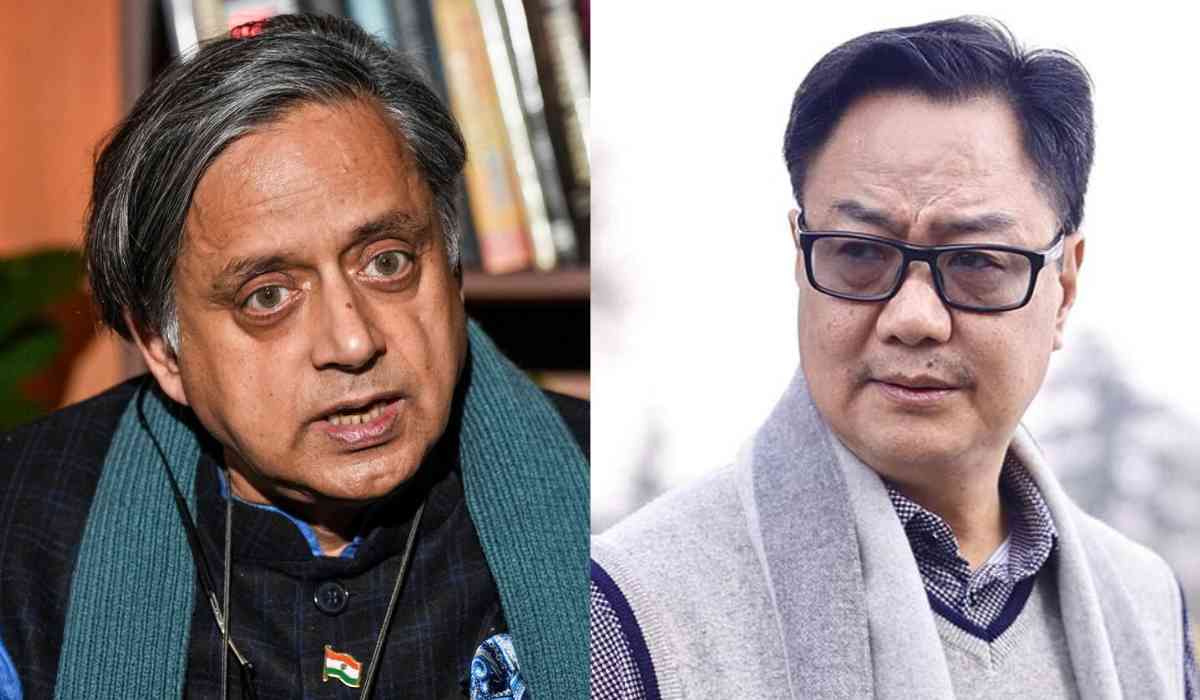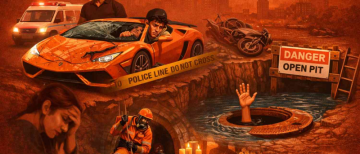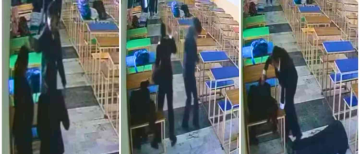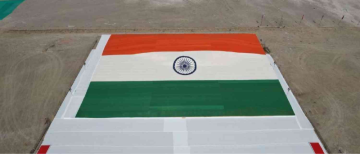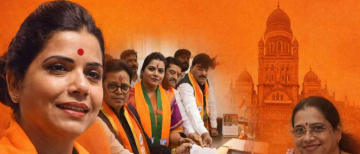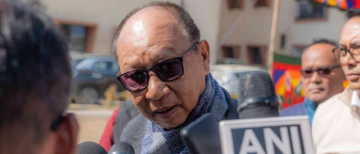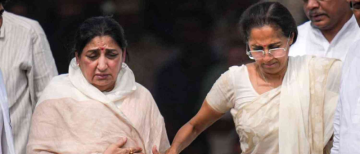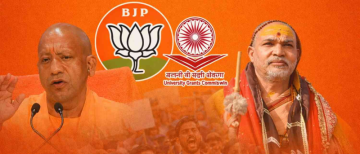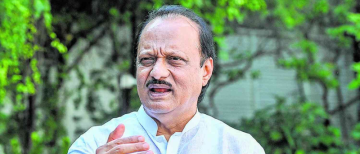The Indian political landscape is once again buzzing with a heated debate over national security, thanks to remarks by Congress leader Shashi Tharoor that have sparked a storm both within and outside his party. The controversy centers on the question: Did India carry out surgical strikes before 2016, or was the 2016 operation under Prime Minister Narendra Modi the first of its kind? The Congress party has now firmly stated that six such strikes were conducted during the United Progressive Alliance (UPA) government, while the Bharatiya Janata Party (BJP) has dismissed these claims as “lies” and accused Congress of politicizing the military.
How the Storm Began

Shashi Tharoor, a senior Congress MP known for his articulate speeches and international experience, recently commented that India conducted its first surgical strike in response to a terror attack in 2016. This statement did not sit well with many within his own party. Senior Congress leaders, including party general secretary Randeep Singh Surjewala, quickly clarified that Tharoor was mistaken and that surgical strikes were a “regular feature” during the UPA era. Surjewala even shared a video on social media with the message: “No Noida. No PR. Only Decisive Actions. Six surgical strikes were carried out under the Congress government.”
Congress Counts Six Strikes
The Congress party insists that its governments authorized multiple surgical strikes against terrorist hideouts across the border, especially during the UPA years (2004–2014). According to them, these operations were carried out by the armed forces but were not publicized for reasons of national security and to avoid politicization. Congress spokesperson Pawan Khera posted an old interview of former Prime Minister Manmohan Singh, where Singh reportedly stated that many surgical strikes were conducted under his government.
However, the party is careful to clarify that these were not publicized the way the 2016 strike was. This, they argue, shows their commitment to discretion and non-partisanship in matters of national security.
BJP Hits Back

The BJP, on the other hand, has strongly denied these claims. Quoting a Right to Information (RTI) response from April 2018, the BJP says that the Director General of Military Operations (DGMO) confirmed there were no surgical strikes under the UPA. The party has accused Congress of lying and being “corrupt” even when it comes to matters of national security. BJP leaders also criticized Congress for what they called “weaponizing fake narratives” for political gain.
Tharoor’s Clarification and Party’s Softened Stance
After facing backlash, Tharoor clarified his remarks, saying that he was referring specifically to operations conducted as a direct response to terror attacks and not to earlier wars or other military actions. He also accused critics of distorting his words and said he had “better things to do” than respond to every jab. The Congress party, after some initial tension, has now softened its stance, affirming that Tharoor is “very much part of the family” but insisting that his statement was “factually incorrect”.
What’s at Stake?

The debate over surgical strikes is not just about facts and figures. It reflects a deeper divide in how India’s political parties view national security and military operations. The Congress argues that it conducted strikes without seeking political mileage, while the BJP insists that the 2016 operation was unique and marks a new, tougher stance against terrorism.
From a neutral standpoint, it is clear that both parties are trying to shape the narrative to their advantage. The Congress wants to remind voters that it was not soft on terror, while the BJP wants to claim credit for a decisive policy shift. The controversy also raises questions about transparency and politicization: Should military operations be publicized, or should they remain secret for strategic reasons?
Why Does This Matter to Common People?

For ordinary citizens, this debate is important because it is about how the country responds to threats and how political parties use national security for electoral gains. It also highlights the need for clear and accurate information, so that people can make informed decisions about who to trust.
The spat between Congress and BJP over surgical strikes is unlikely to end soon. Both sides are deeply invested in the issue, and it will likely feature in upcoming political campaigns. For now, the controversy has put Shashi Tharoor in the eye of the storm, but it has also given the Congress a chance to reiterate its position on national security. Meanwhile, the BJP continues to attack, accusing the opposition of spreading misinformation.
This controversy is a reminder that in politics, facts and perceptions can be equally powerful, and that national security is too important to be left to partisan bickering. For the average Indian, understanding both sides of the story is key to making sense of the noise and deciding what really matters.
With inputs from agencies
Image Source: Multiple agencies
©️ Copyright 2025. All Rights Reserved. Powered by Vygr Media.

